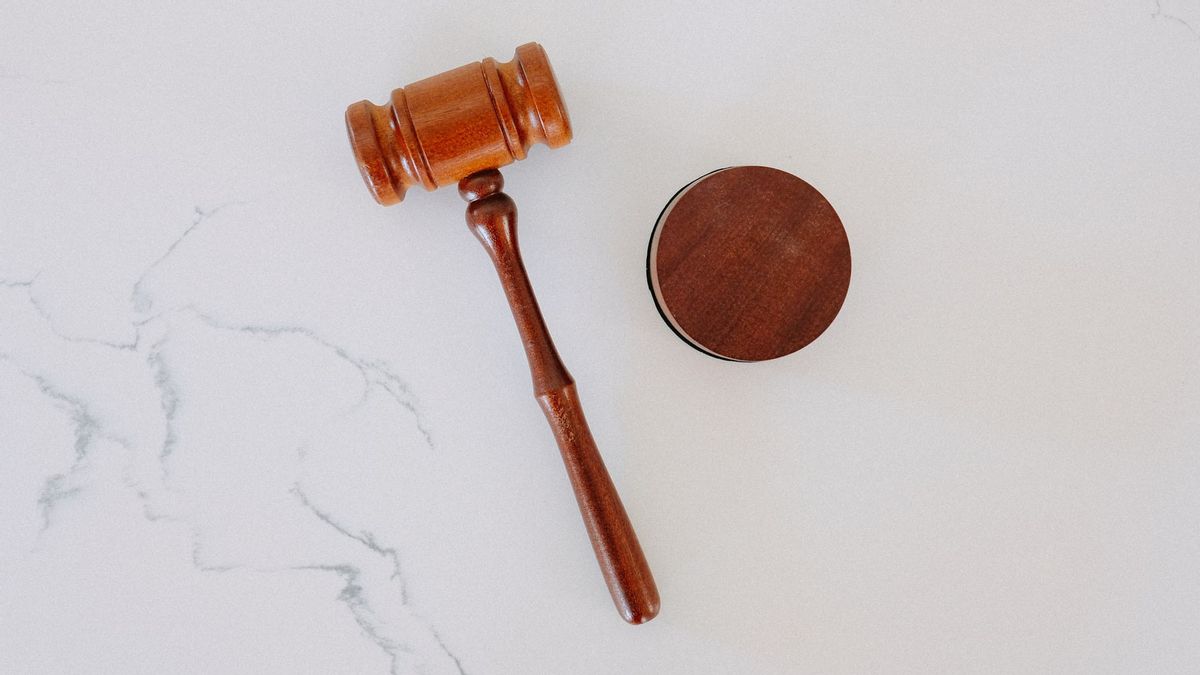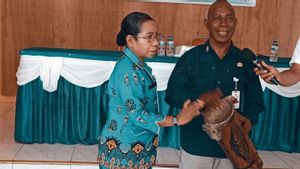JAKARTA - In the last few days, the public has been shocked by the process of law enforcement in the Jiwasraya - Asabri case, including the confiscation of its assets which was allegedly haphazard. This condition also made UPH criminal law expert, Jamin Ginting, speak up.
Jamin emphasized that investigators should pay attention to the source of the funds from Jiwasraya and Asabri. Namely, whether it comes from state finances or comes from public insurance premiums.
"So the prosecutor's investigators must read Article 2 letter h of the State Finance Act (UUKN) proportionally. That is, what percentage includes state assets, PT Jiwasraya's wealth and what percentage of public funds," Jamin said in Jakarta, Tuesday, July 13.
According to him, it would be inappropriate and unwise for the Attorney General's Office to conclude by striking a finger that all of them are state assets.
"Observing the source of funds in this case, it is not appropriate to use the Corruption Act and UUKN, and it is not appropriate to classify this case as a corruption incident," he said.
If analyzed more deeply, Jamin continued, the Jiwasraya-Asabri case is more appropriate from the beginning to be processed with the laws and regulations in the capital market sector, so that a fair due process of law can be seen for all parties.
He also criticized the decision to punish failure to pay which was used as the reason for the emergence of corruption cases, including the determination of the value of losses. According to Jamin, the case is problematic because Jiwasraya still owns the shares de facto but currently experiencing an impairment of shares (impairment).
"As a result, the confiscation, blocking and failure to verify assets carried out by the AGO has a systemic impact on capital market investors and consumers of the insurance business," said Jamin.
Meanwhile, the former Head of the Prosecutor's Commission, Halius Hosen, assessed that the prosecutor's actions, which were suspected of criminalizing or robbing investors' assets, were highly unjustified and could not be tolerated.
"Do not let law enforcement be politicized and arbitrary. So it is the right and obligation for anyone to seek justice that is as fair as possible," said Halius.
As a monitoring effort, it is necessary to examine whether the investigator or the public prosecutor in this case are competent parties and carry out their duties according to the rules and legislation.
"Don't let it happen if you find injustice. If there is a gap in law enforcement that is unfair or violates the law, then there has been an extraordinary legal disobedience in the enforcement of the Jiwasraya - Asabri law," he said.
As a former prosecutor, Halius hopes that the prosecutor's office will not become a tool for the practice of abuse of authority in order to enforce the law.
"There should be no evil collaboration between law enforcement and criminals. If left unchecked, it will damage the prosecutor's office, as the highest law enforcement agency in this country," he said.
Halius also urged the Prosecutor's Commission to intervene to investigate the AGO's alleged legal disobedience.
"Because the Prosecutor's Commission has the authority to supervise the main tasks, performance, and behavior of prosecutors. The accusation of criminalization is no longer a question of the main duties and functions of law enforcers, but also about behavior," he explained.
The English, Chinese, Japanese, Arabic, and French versions are automatically generated by the AI. So there may still be inaccuracies in translating, please always see Indonesian as our main language. (system supported by DigitalSiber.id)













